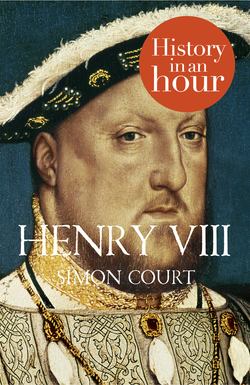Читать книгу Henry VIII: History in an Hour - Simon Court - Страница 6
Jousting and the Heraldic Past
ОглавлениеHenry’s love of jousting was not just the enjoyment of the sport; it was an expression of his fundamental belief in the moral virtues of chivalry as personified in the medieval knight. Henry was steeped in the chivalric tradition, believing that it was the duty of every nobleman to display prowess in the joust. Jousting evolved from the practices of medieval battle, where ransoms were sought, and serious injuries inflicted, but by the fifteenth century this had become the tournament in which knights competed for honour and the favour of a lady.
These combats were governed by the strictest rules of engagement and often involved artificial castles, ships or woodland grottos. The nuptials of Arthur and Catherine had been celebrated with such a tournament, and the young Henry had lapped it all up, wishing, like all gentlemen, to excel in the joust. Henry first joined in a tournament incognito in 1510 and he was soon participating regularly, most notably at Westminster in February 1511 to celebrate the birth of his son.
Henry believed that a king must be both a soldier and a man of learning. In promoting these two aspects of kingship – soldier and scholar – Henry was deliberately establishing a different type of identity for a king. His task was made easier by his remarkably varied skills and youthful energy. In addition to his linguistic skills he also had a good knowledge of the Bible, and was a student of mathematics, astronomy, geometry and cartography, and a talented musician with a strong singing voice. When he went on a progress in 1510, he occupied himself ‘in shooting, singing, dancing, wrestling, casting of the bar, playing at the recorders, flute and virginals … jousts and tourneys’. The king was depicting himself to his people as a perfect example of the dashing Renaissance prince, and they adored him for it.
